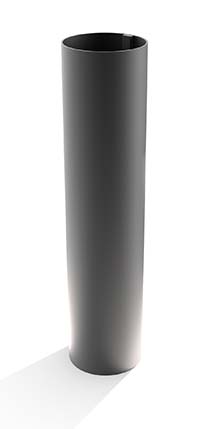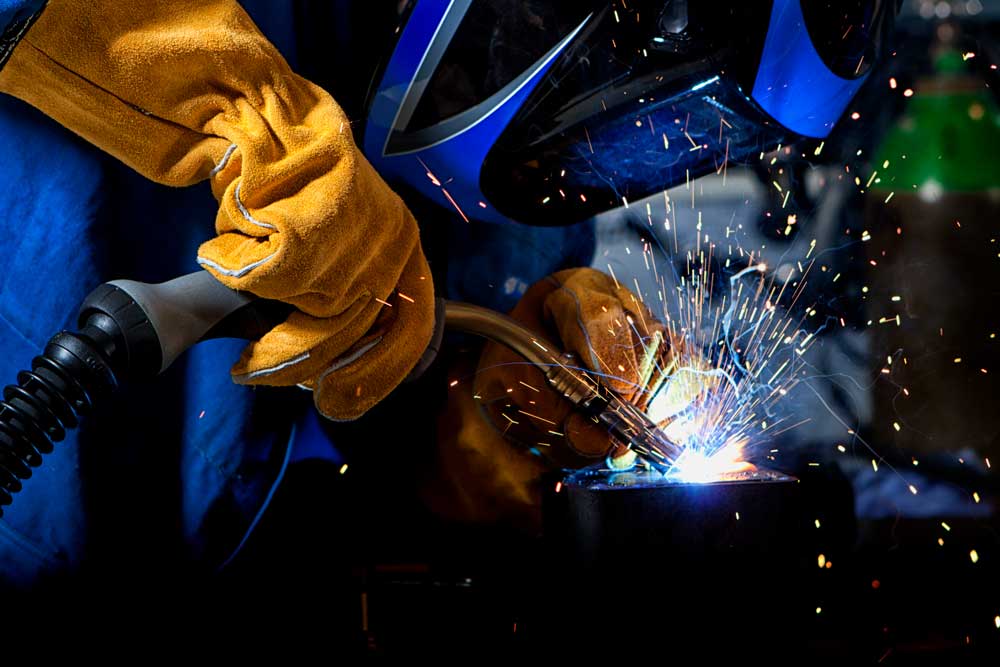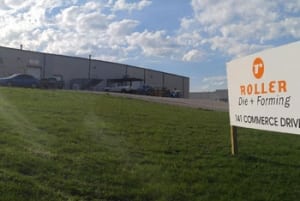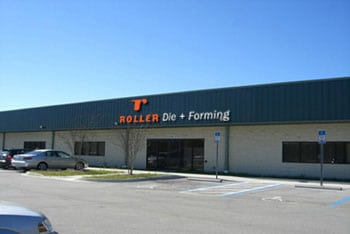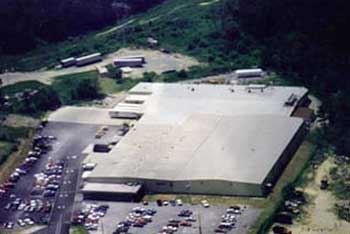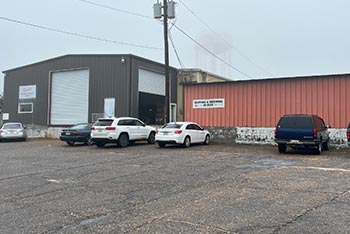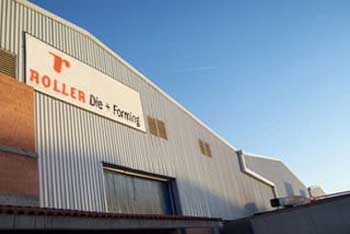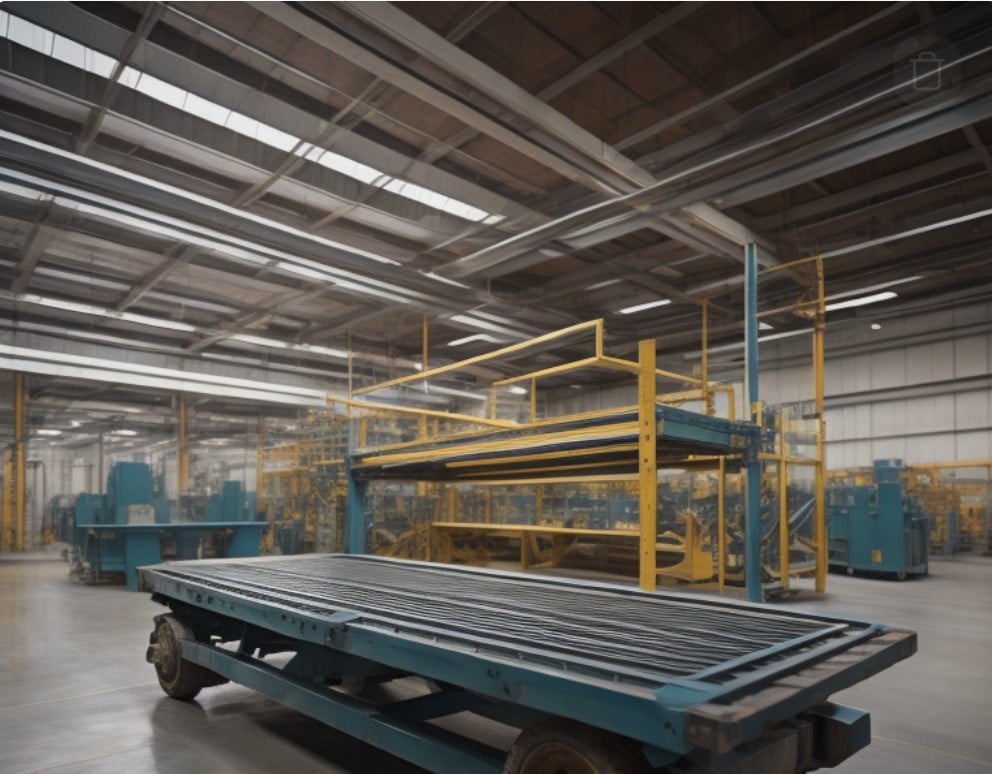Roll forming is a highly efficient and versatile manufacturing process that finds extensive applications in various industries. When it comes to industrial carts, roll forming is a game-changer, offering numerous advantages over traditional fabrication methods. The use of roll forming in industrial carts not only enhances their durability but also improves their design flexibility, cost-effectiveness, and overall performance.
Industrial carts are essential tools for material handling and transportation within factories, warehouses, and other industrial settings. They are designed to carry heavy loads and withstand rigorous use in demanding environments. Roll forming plays a crucial role in shaping the components used to build these carts, as it enables the precise and consistent formation of complex profiles from various materials, including steel, aluminum, and other metals.
One of the key advantages when using roll forming to create industrial carts is its ability to produce parts with consistent dimensions. The process involves passing a continuous strip of metal through a series of rollers, which progressively shape the material into the desired cross-sectional profile. This consistency in shape ensures that the components fit together perfectly during assembly, reducing the need for manual adjustments and eliminating potential weak points in the cart’s structure.
Moreover, the design flexibility offered by roll forming enables manufacturers to create custom profiles for specific cart applications. Whether it’s designing cart components with specialized features such as slots, holes, or flanges, roll forming can accommodate a wide range of shapes to meet the unique requirements. As a result, industrial carts can be tailored to optimize storage capacity, maneuverability, and other specific functionalities.
In addition to improved design capabilities, roll forming also contributes to the overall strength and durability of industrial carts. Designing for structural integrity translates into carts that can handle heavier loads and endure harsh operating conditions, ultimately prolonging their service life and reducing maintenance costs.
Roll forming is also a cost-effective solution. Although the initial setup cost for roll forming equipment may be higher than other forming methods if you’re building custom tooling, the high production rates and minimal material waste make it a cost-efficient solution in the long run. The speed and efficiency of the process significantly reduce labor costs, and the ability to work with thinner gauge materials without sacrificing strength further contributes to material savings. Roller Die + Forming also offers a Standard Tooling Library featuring many common shapes that can be used to cut down the upfront costs significantly.
Roll forming offers the advantage of a continuous production process, enabling manufacturers to produce large quantities of cart components in a relatively short amount of time. Roll forming also minimizes material waste, as it utilizes almost the entire metal strip during the forming process.
If you’re interested in learning more about roll forming and the advantages we offer at Roller Die + Forming, reach out to a member of our sales team today.

